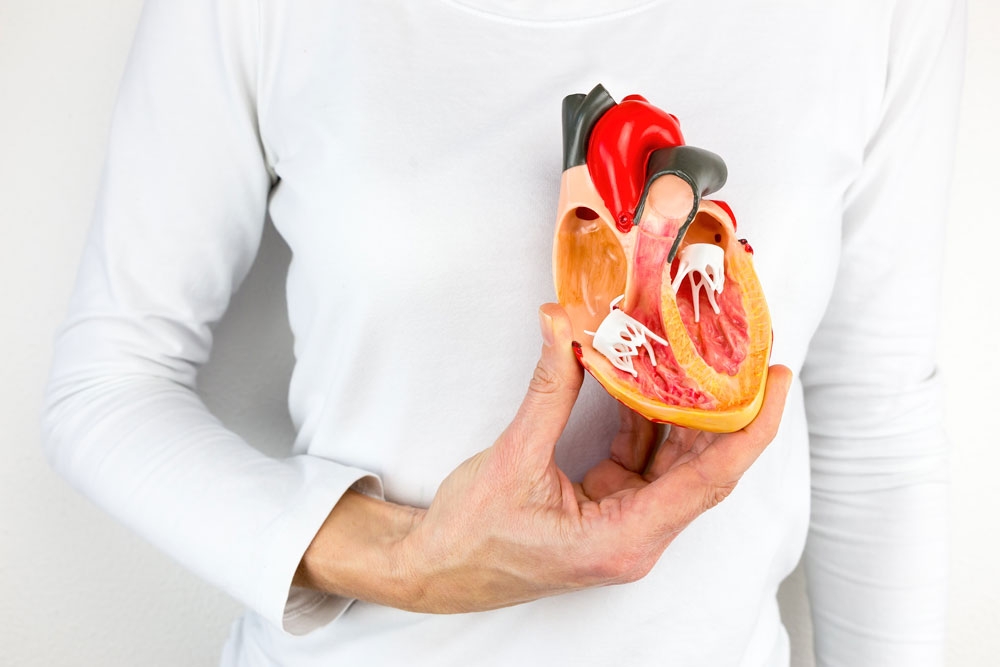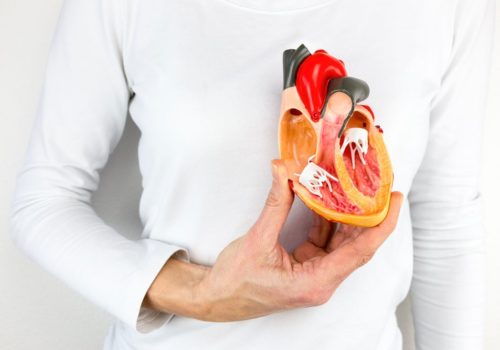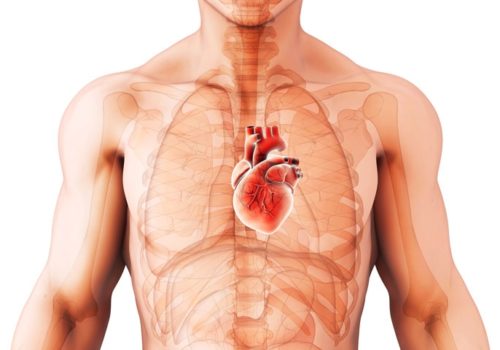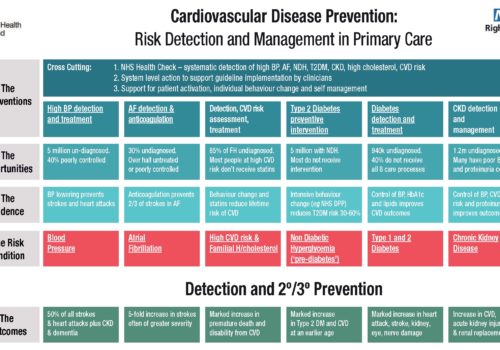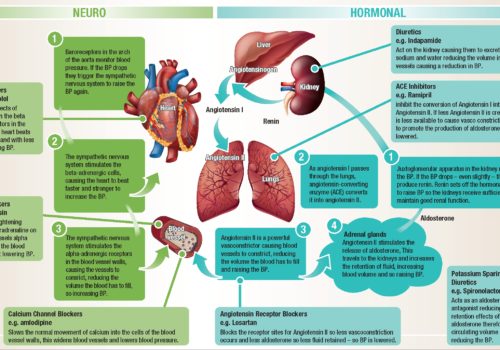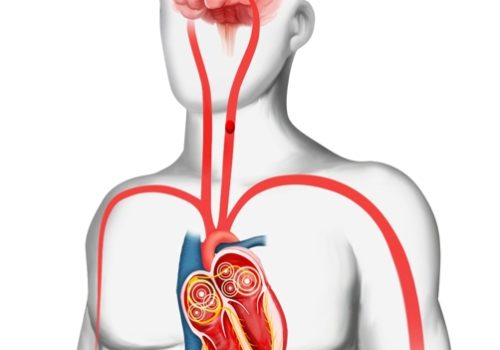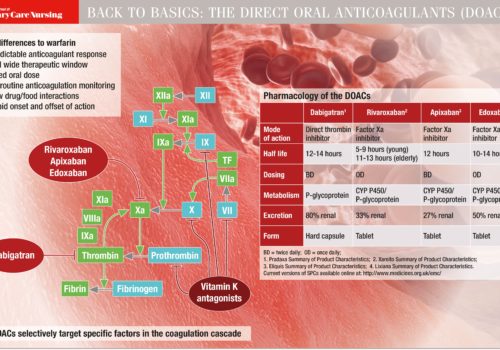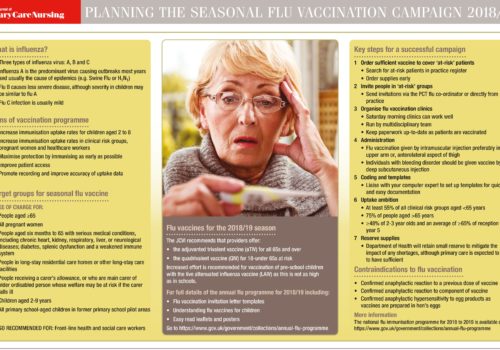Given that cardiovascular disease (CVD) is responsible for a quarter of all deaths in the UK and is the largest cause of premature mortality in deprived areas, the NHS Long Term Plan recognises that CVD is the single biggest area where the NHS can save lives over the next 10 years.
Editorial: Continuing focus on CVD prevention
In the 70 years since the NHS was founded there have indeed been remarkable successes in reducing mortality from common conditions, an important example being deaths due to heart and circulatory disease. Yet the statistics show that there is more to be done to prevent the toll of premature death and years of disability associated with CVD. For this reason, we welcome the continuing focus on CVD prevention as set out in this publication, produced with the support of PHE and NHS England.
Cardiovascular disease prevention: Saving hearts and minds together
Over the last few decades, there has been a great focus on reducing premature deaths due to cardiovascular disease (CVD). Although this is true, CVD still remains a significant cause of disability and death in the United Kingdom. With nearly 7 million people are living with CVD in England, and a quarter of deaths each […]
NICE Chronic Heart Failure guideline update 2018
The updated Chronic Heart Failure guideline from the National Institute for Health and Care Excellence was published in September. This article covers the key recommendations relevant to primary care.
Back to Basics: CVD prevention pathway
This month’s Back to Basics feature is a useful optimal value pathway on cardiovascular disease prevention from NHS RightCare. The pathway shows a number of elements of an optimal CVD prevention pathway including the evidence base, clinical interventions, information on the risk conditions and potential opportunities for improvement.
Back to Basics: How antihypertensives work
This month’s Back to Basics focuses on the different drugs used in the management of hypertension. The wallchart provides a useful summary of the different antihypertensive drug classes and how they act to regulate blood pressure.
The psychosocial impact of alopecia on women
Alopecia is a non-scarring chronic inflammatory autoimmune disorder that is characterised by patchy or abnormal hair loss. Six women participated in semi-structured interviews on their experiences of living with alopecia and these interviews were analysed using Interpretative Phenomenological Analysis (IPA). Insight into these psychosocial experiences can inform interventions targeted to women with alopecia.
Monitoring patients with AF on DOACs
Many patients with atrial fibrillation are treated with direct oral anticoagulants (DOACs) to reduce the risk of stroke. To maintain patient safety, clinicians must be educated on how to manage DOACs, from safe prescribing to managing complications. A recent audit shows the potential for inadequate monitoring when compared to local clinical protocols.
The NHS Health Check: A world leading non-communicable disease prevention programme
This article reviews the important and growing role of the NHS Health Check in tackling some of the challenges in prevention and treatment of CVD and other non-communicable diseases.
Back to Basics: Understanding the DOACs
This month’s Back to Basics summarizes the main features of the key direct oral anticoagulants (DOACs or NOACS). These drugs are becoming a standard therapy in many settings including stroke prevention, management of deep vein thrombosis and pulmonary embolism, and prevention of venous thromboembolism following hip and knee replacement.
Back to Basics: Seasonal flu vaccination
This month’s Back to Basics highlights details of the upcoming flu vaccination campaign.
Last season’s higher level of activity was a reminder that flu can have a significant impact.
The role of primary care in patients with familial hypercholesterolaemia
This article provides a pragmatic approach for primary care following NICE’s update to their guidance on identification and management of familial hypercholesterolaemia (CG 71) published in November 2017.

